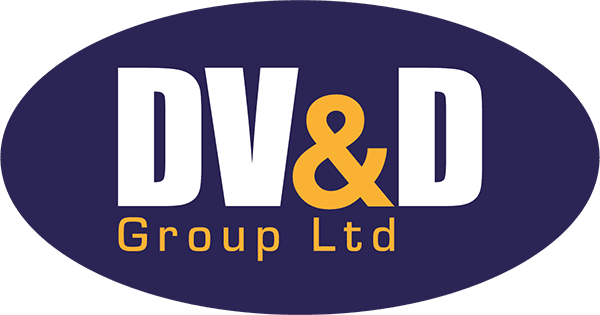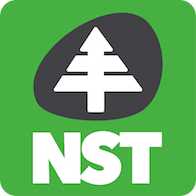“Everything in business starts with a sale"
Nigel Botterill
This blog is all about setting the foundations. There are no quick wins, no glamour, nothing that will deliver a wow return for your business. Nope, this week we'll be getting the key digital marketing elements into place to allow you to leverage the power of conversions.
Let's jump into things:
What is a conversion?
A marketing conversion is when a user takes a desired action in response to a marketing campaign
> Definition: A conversion is when a user takes an action that a marketer has defined as desirable. This action can be anything from clicking a button to filling out a form, making a purchase, or signing up for a newsletter.... you reading this email is one of our conversion points at Website Success!
> Purpose:
Conversions are the ultimate goal of most marketing campaigns and measure their success. They act as checkpoints that help move a visitor through the buyer's journey and through your sales funnel (more about funnels in a future episode).
> Metrics: Marketers can use website analytics software to track conversions and measure their performance. They can compare the average time a user spends on a website to the conversion rate to understand how quickly users are converting.
The big lesson - where to measure conversions:
Each week I speak to business owners who are looking to get a better return from their online marketing assets (adverts, websites, social posts etc.). Invariably, they're struggling because they're not sure which element(s) need to be worked and in what order and then when they do take action, they can't tell if it was worthwhile.
It's a symptom of a lack of tracking, or (more likely) a lack of clarity about what they should be tracking and measuring.
So, what should we be tracking?
Well, as usual, there's certainly no 'one size fits all' answer to this. It will depend on many factors, but 2 things will almost certainly hold true:
1. Your most important conversion will be the one that brings you the money (the purchase, the signed contact, the first kiss with a new partner, or even the call to evacuate) aka "The Money Maker".
2. There will almost always be many, less valuable but crucial conversions that lead to this point.
When it comes to the final "money maker", there are those where conversion can be tracked automatically (an online purchase or subscription), and those that require manual intervention to track such as a contract being agreed offline...it is critical to record these to best understand your impact.
Once we have our end conversion identified (that's the easy one), it's time to focus to the numerous conversion point that may have led to this point, or could indeed lead to this point in future.
This can often be the most powerful exercise to run through in a business and it's best to work in reverse, from the final conversion back to the first identifiable point that a customer interacted with your business, and at each point try to identify ways to measure that interaction.
Below is a non-exhaustive list of conversion point that you may want to track in your business...try to work those that are appropriate to you into a customer flow, consider how each point could be measured and before you know it, you'll have a 'sales funnel' taking shape.
Here's a list of conversion point to consider:
1. Online advert clicked: Website/landing page visit
2. Lead Capture Form: Collect user info.
3. Checkout: Finalise sales.
4. Email Sign-Ups: Build subscriber lists.
5. Content Downloads: Ebooks, guides and other forms of strategic content marketing.
6. Free Trials/Demos: Try before buy.
7. Social Media Engagement: Likes, shares, comments.
8. Webinars/Events: Interactive sessions.
9. Email openings: user engagement
Considered purchasing
Many purchases (especially higher value ones) require buyer consideration.
Having easier 'baby step' and often free conversion steps help you build buyer confidence eases that final 'money maker' purchase.
A conversion is any desired action a user takes, like clicking a button or making a purchase. It’s crucial for measuring online marketing success. Many business owners struggle with tracking because they lack clarity on what to measure.
The key is identifying your “money maker” conversion, like a purchase, and the smaller steps leading to it. Work backward from the final conversion to identify and measure each interaction. This helps create an effective sales funnel. Consider tracking various conversion points like ad clicks, lead forms, email sign-ups, and social media engagement.
We're here to help
Sorting your conversion rate solves a lot of issues... if you'd like free 1 to 1 help, call our Chichester office today on 01243 888555 or click here to find out how we can help you.



.webp)










